In Brief
- Raisi was considered a top contender to succeed Supreme Leader Ayatollah Ali Khamenei.
- Vice-President Mohammad Mokhber has assumed interim presidential duties.
- Early presidential elections must be held within 50 days amidst low public confidence in the electoral process.
- Raisi’s death leaves a critical vacancy in the Assembly of Experts, crucial for selecting the next Supreme Leader.
Situation Report
Iran is grappling with the sudden demise of President Ebrahim Raisi, who perished in a helicopter crash on Sunday, 19 May 2024.
This tragic event has disrupted the anticipated succession plans for Supreme Leader Ayatollah Ali Khamenei, whose deteriorating health has been a matter of widespread speculation. Raisi, a prominent hardline figure, was seen as a likely candidate to ascend to the highest position within the Islamic Republic.
The Iranian government has swiftly moved to maintain stability, with Vice-President Mohammad Mokhber taking over as interim president. A crucial immediate task is to organise early presidential elections within the next 50 days.
This comes at a time when the nation is reeling from low voter turnout in recent elections, reflecting widespread public disillusionment. Raisi's tenure was marked by a strict enforcement of conservative policies and a crackdown on dissent, particularly against women protesting restrictive laws.
His death not only leaves a vacuum in the presidency but also in the Assembly of Experts, the body responsible for appointing the next Supreme Leader. This body’s role becomes increasingly pivotal as the regime navigates this period of uncertainty.
Finally, the death of Foreign Minister Hossein Amir-Abdollahian in the same helicopter crash further compounds Iran’s political crisis. Amir-Abdollahian was a pivotal figure in Iran’s foreign policy, especially amid rising tensions with Israel and the West.
His active role in diplomatic efforts, particularly during the Israel-Gaza conflict, made him a significant voice in negotiations aimed at easing sanctions and stabilising regional relations. His loss removes a seasoned diplomat at a critical juncture, potentially a damaging situation for Iran's international engagements and diplomatic strategies.
Assessment
Raisi's untimely death adds a complex layer to Iran's already volatile political landscape. The conservative hardliners, who dominate both elected and unelected branches of power, face the dual challenge of managing a leaderless executive branch while maintaining public order.
The immediate appointment of Mohammad Mokhber as interim president is a stopgap measure; the real test lies in the forthcoming elections. Given the low public confidence in the electoral process, largely due to the exclusion of moderate and reformist candidates, the legitimacy of the new president could be contested.
Furthermore, Raisi’s demise affects the Assembly of Experts, potentially altering the dynamics of the selection process for Khamenei's successor. The conservative faction’s grip on power might face challenges from within, as no clear successor to Raisi has emerged.
The international dimension adds another layer of complexity. President Raisi's and Foreing Minister Hossein Amir-Abdollahian's deaths remove two key figures involved in managing Iran’s foreign relations amid heightened tensions with Israel and the West, particularly over the Israel-Gaza conflict and ongoing sanctions.
Ultimately, while Raisi’s death may not drastically alter Iran’s policy direction, it does introduce significant uncertainty. The ruling conservatives will likely emphasize continuity to reassure both domestic and international audiences.
However, the inherent instability of the current political environment, coupled with external pressures, suggests a period of heightened volatility and potential power struggles within the Iranian political elite.



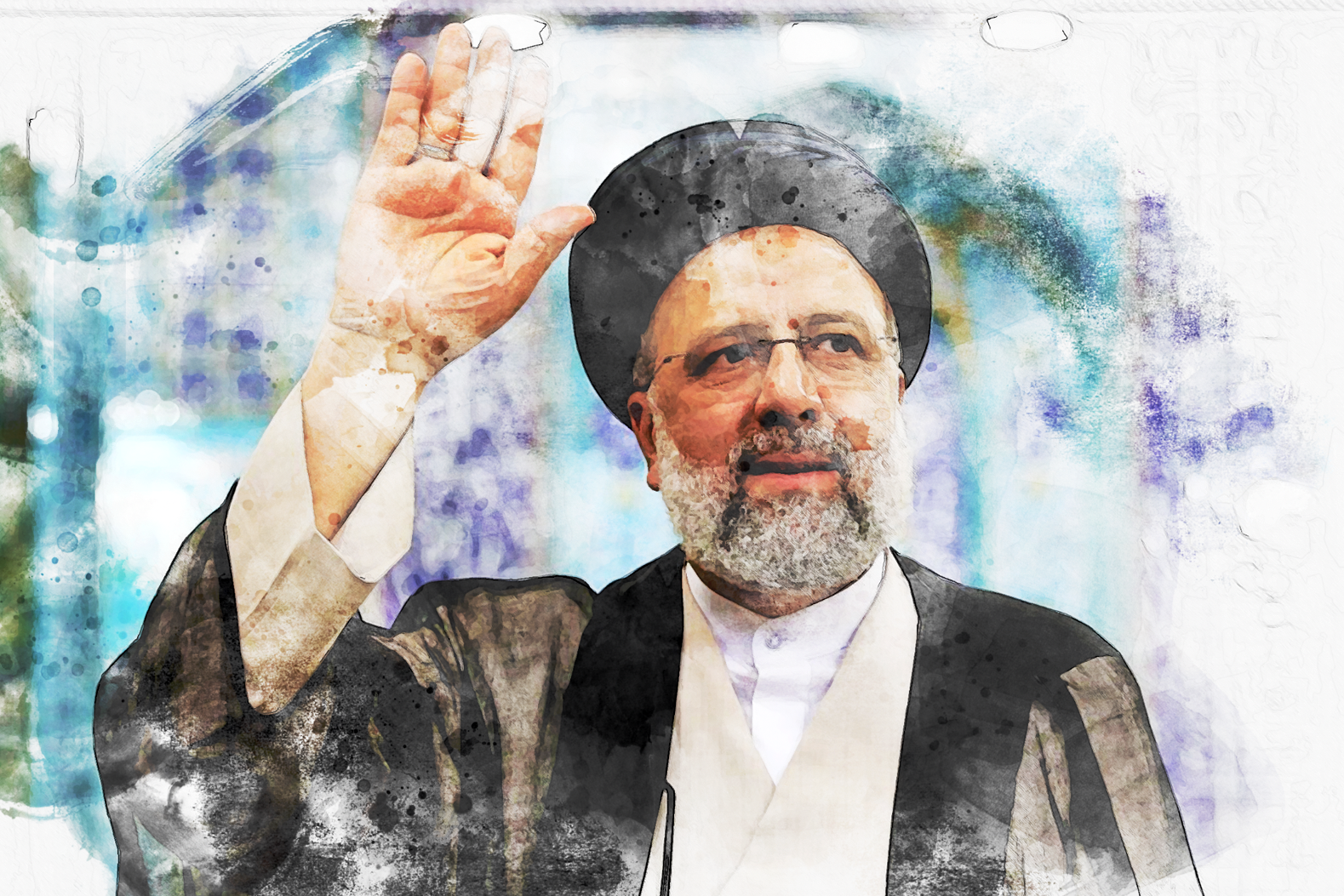
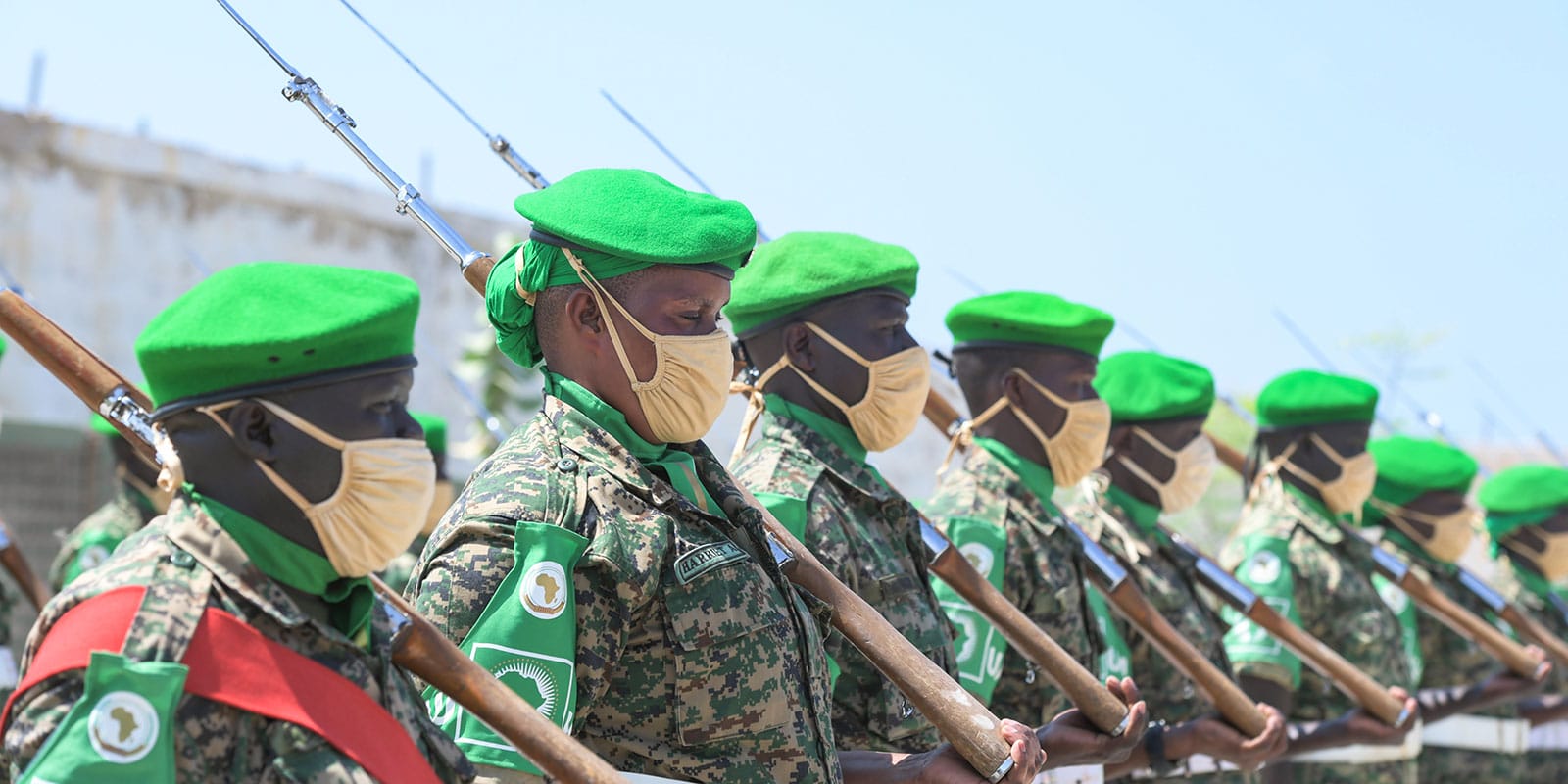

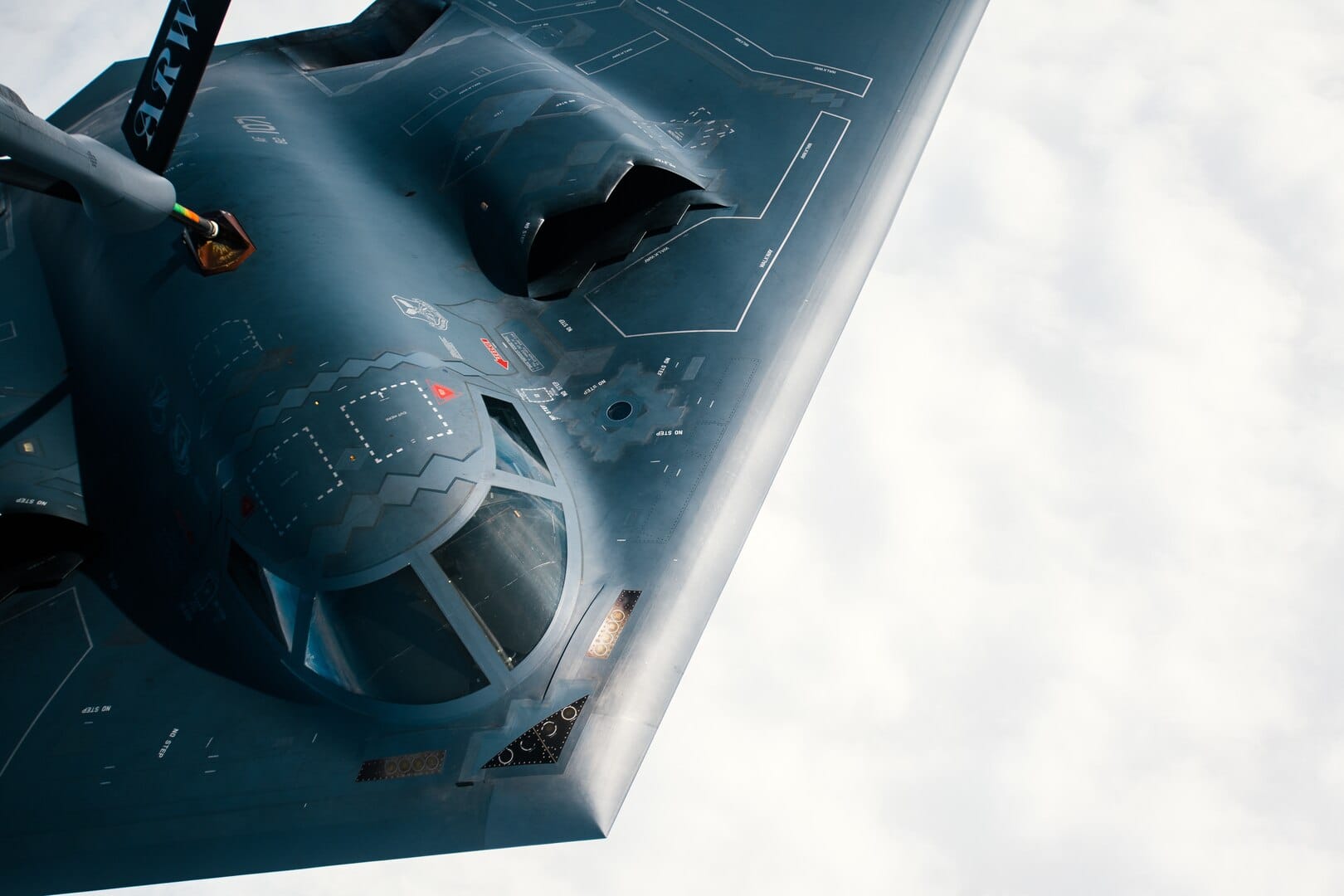
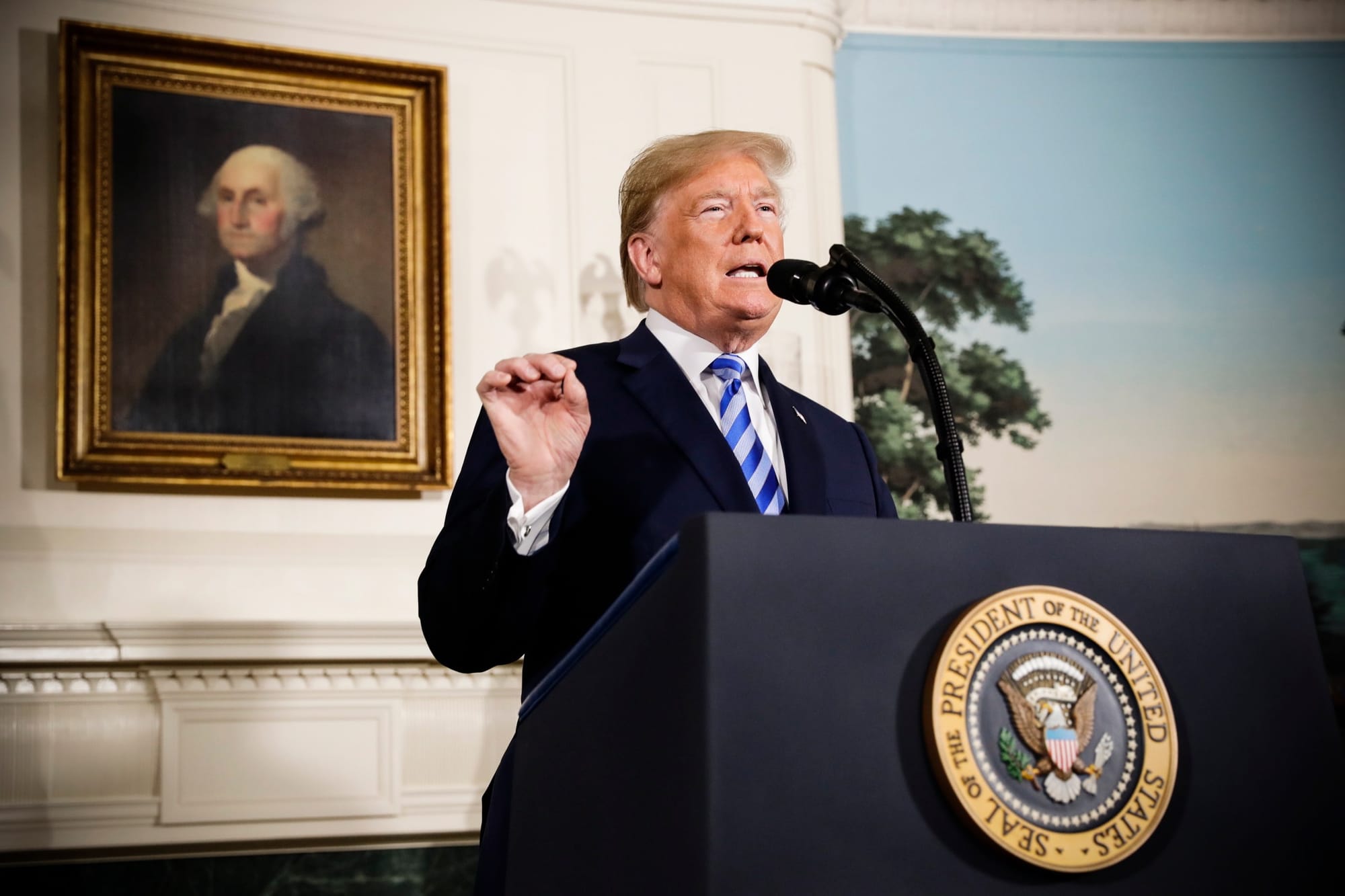
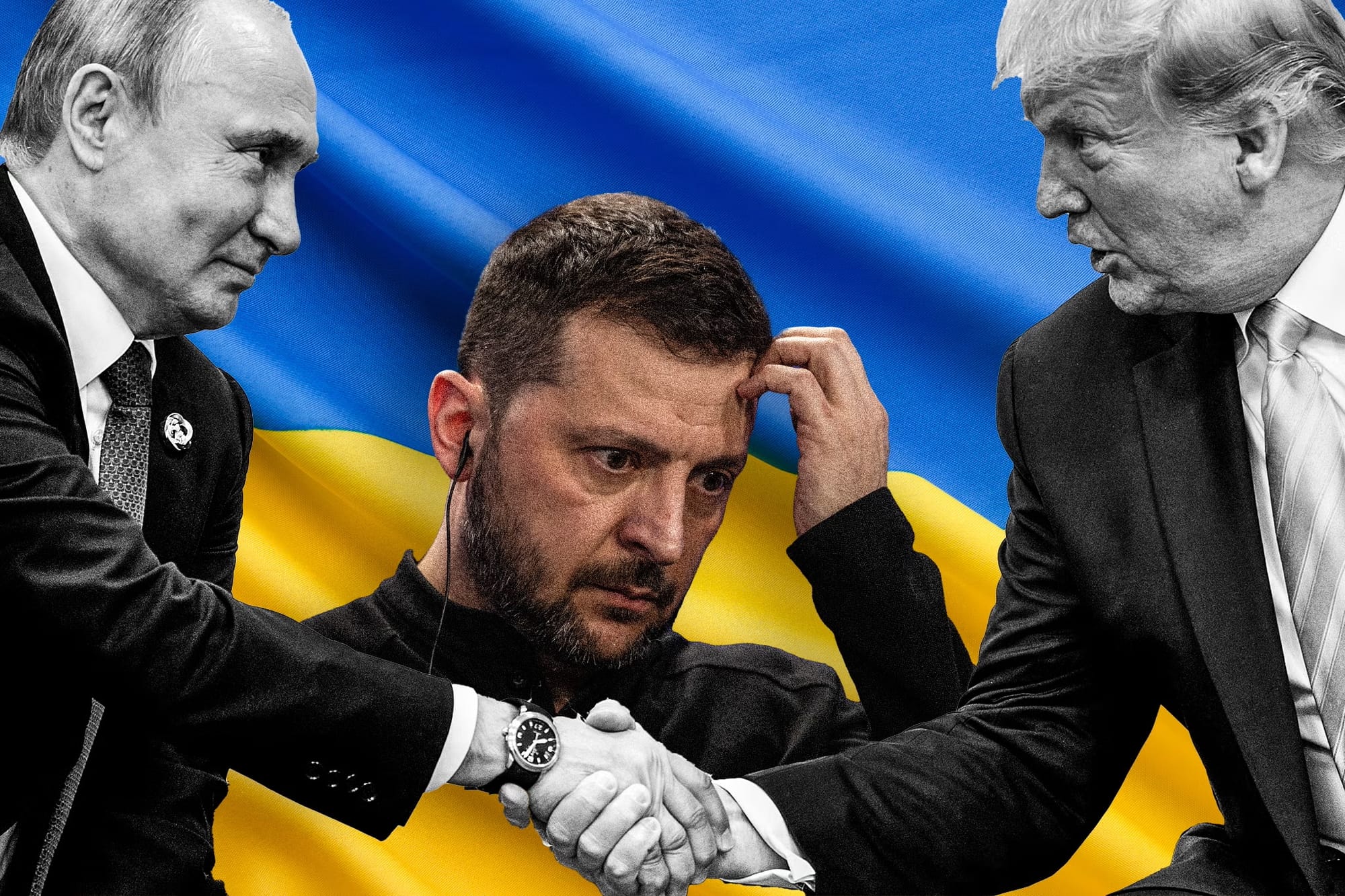
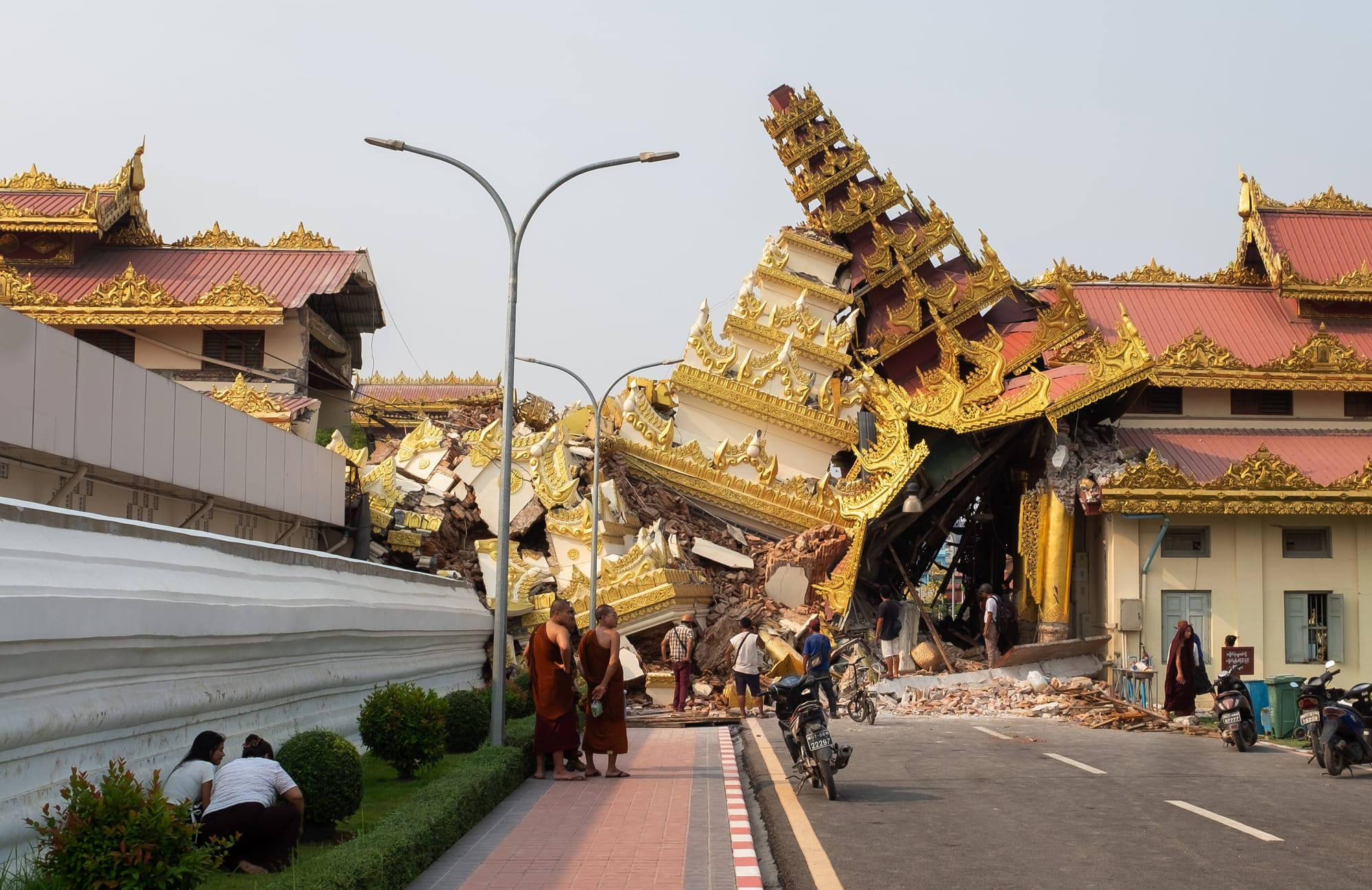
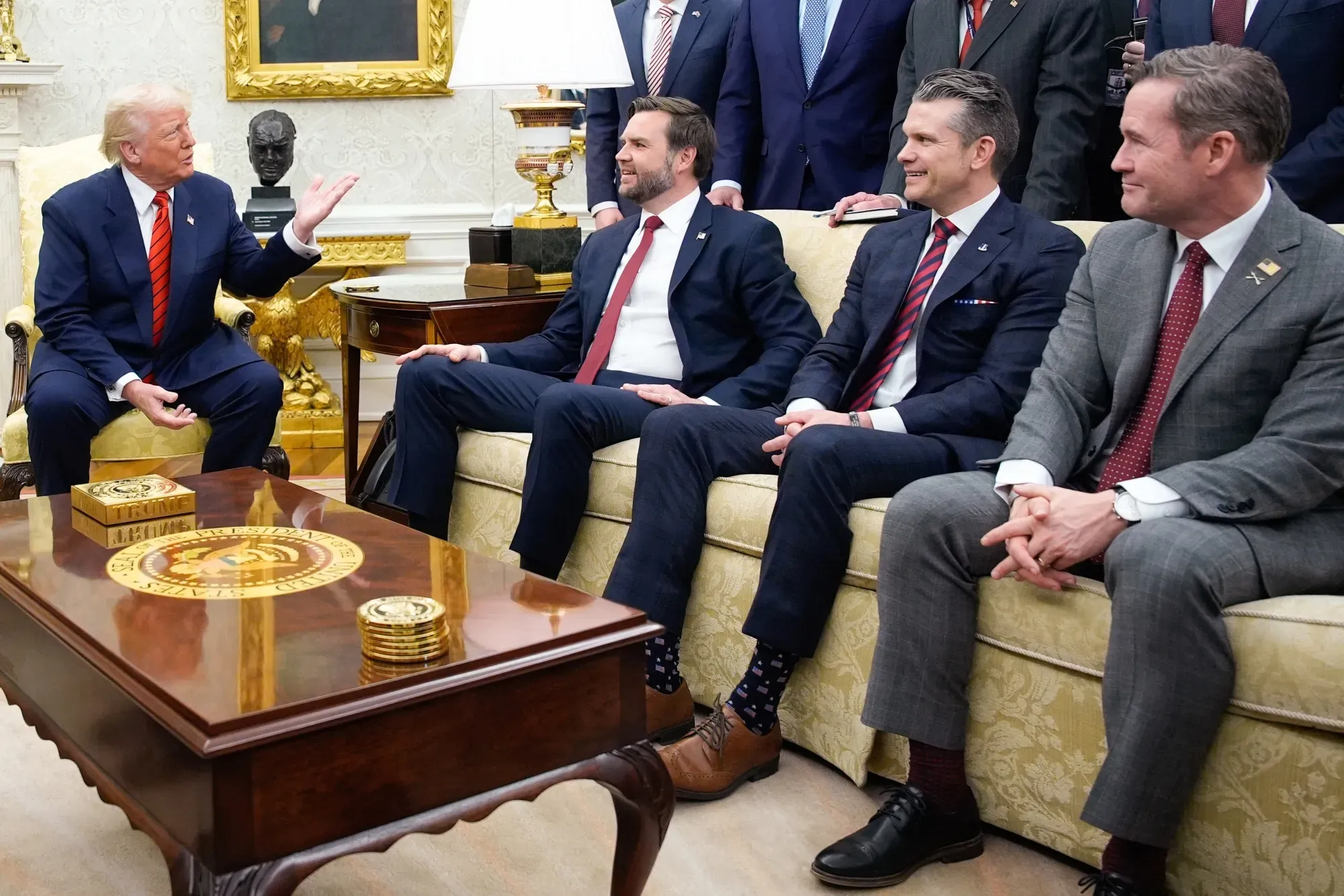
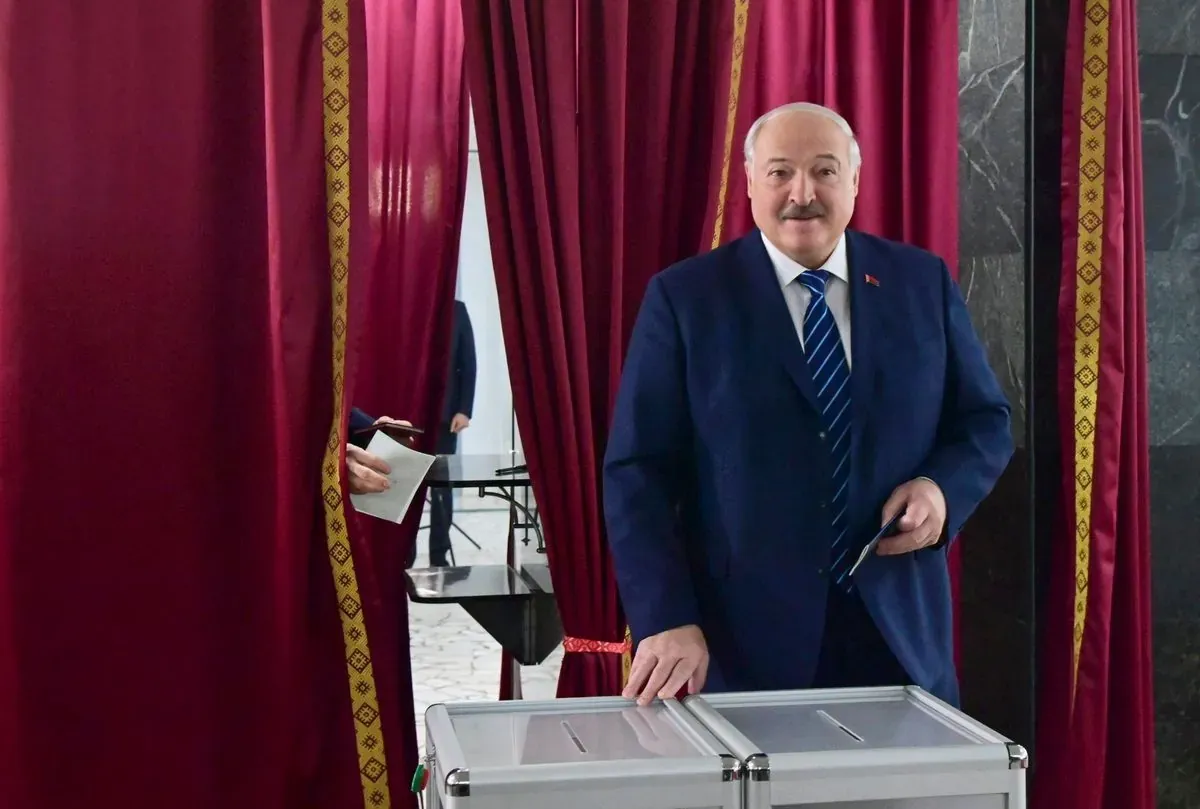
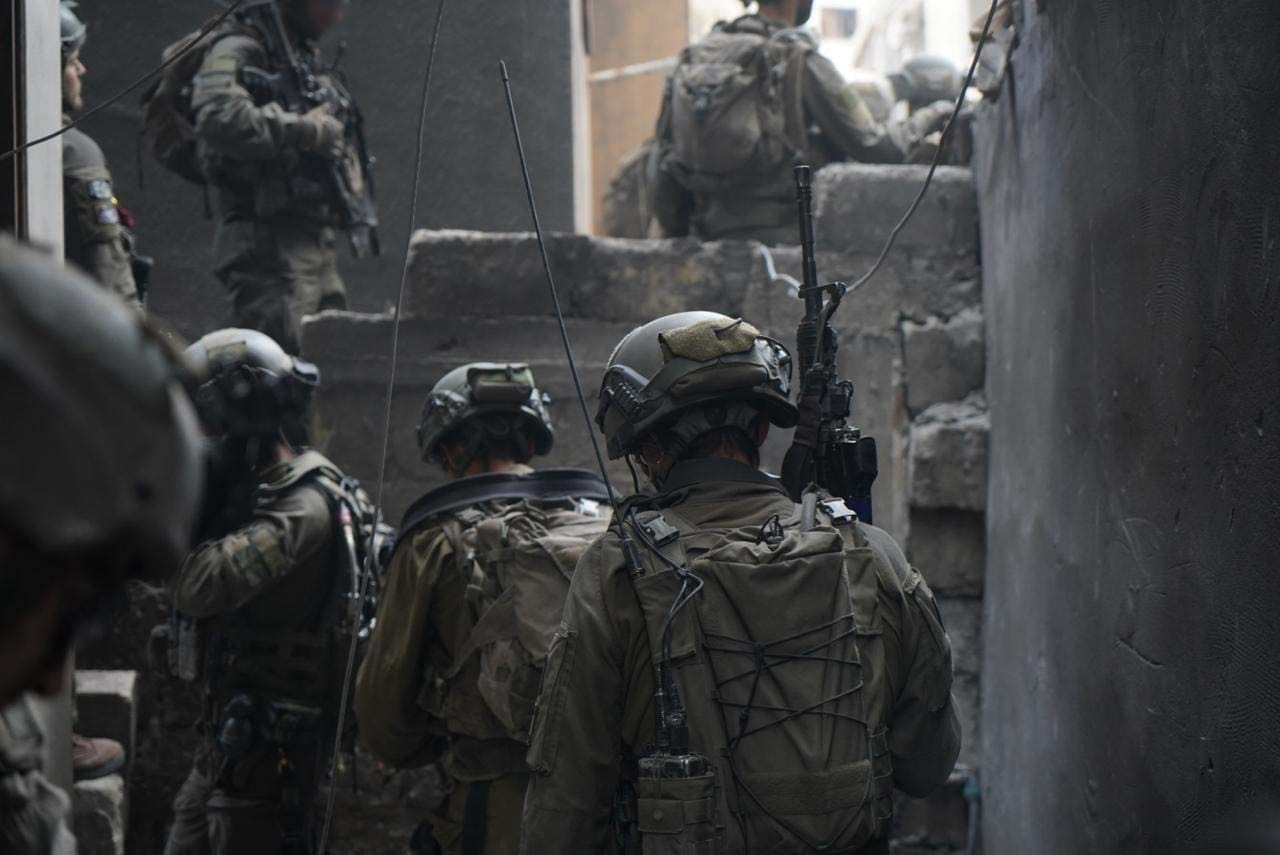
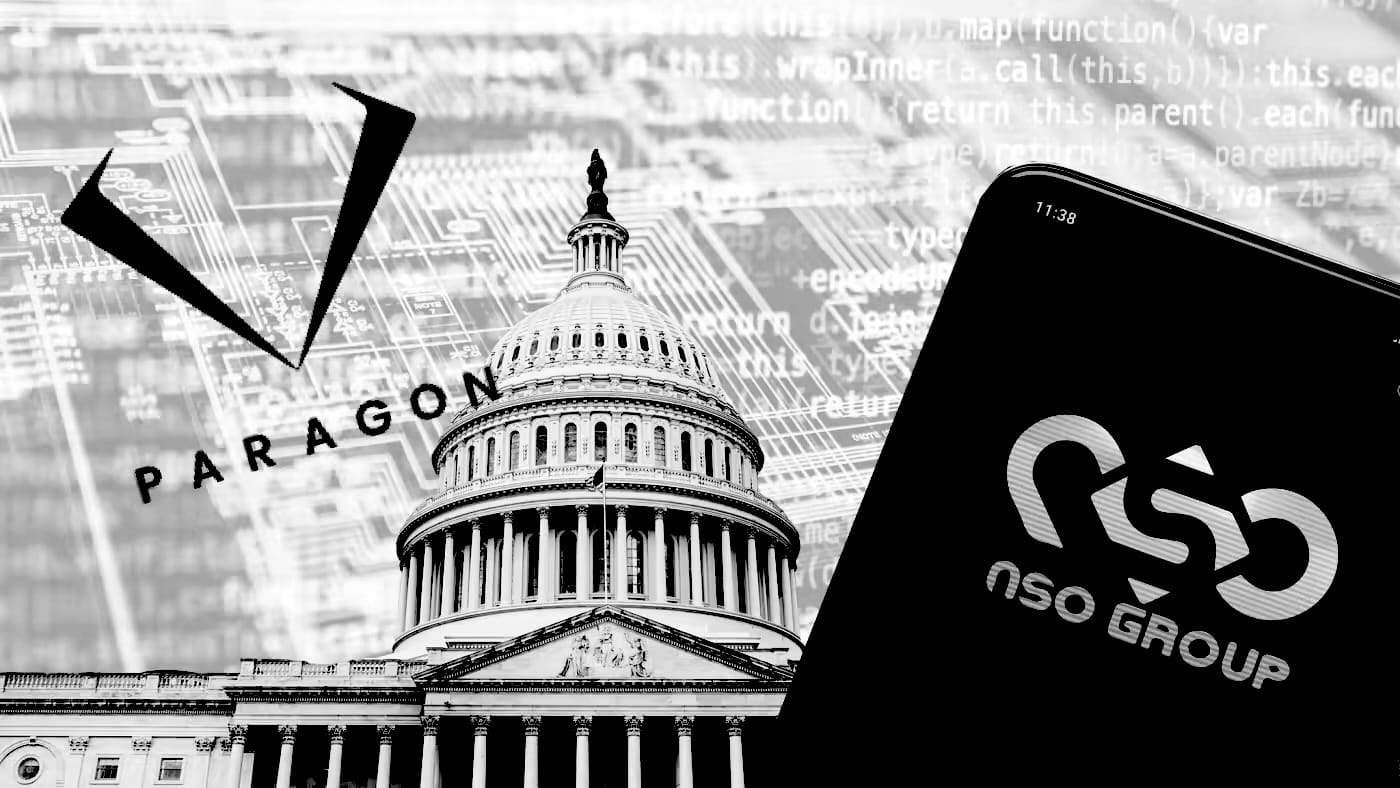
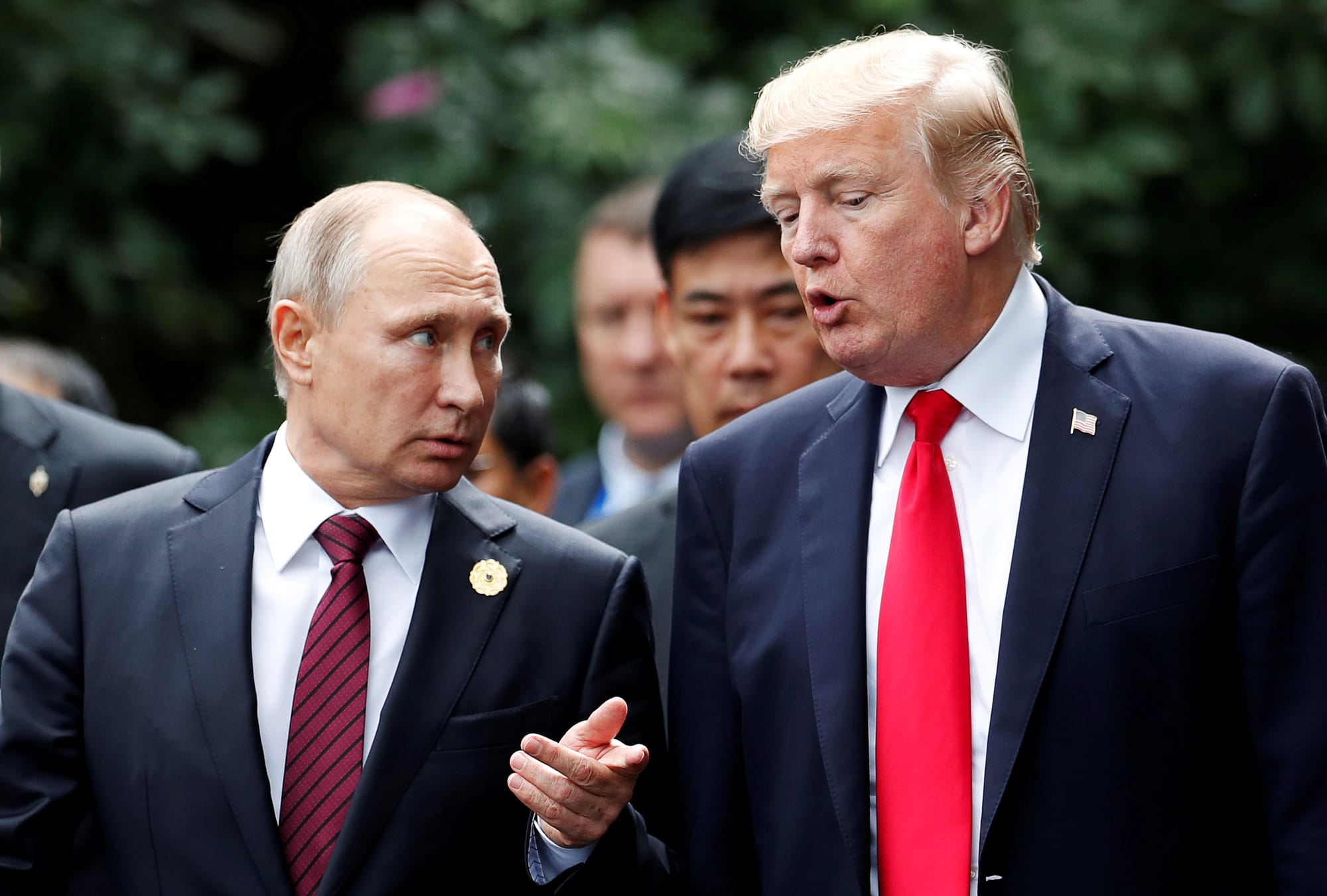
Discussion